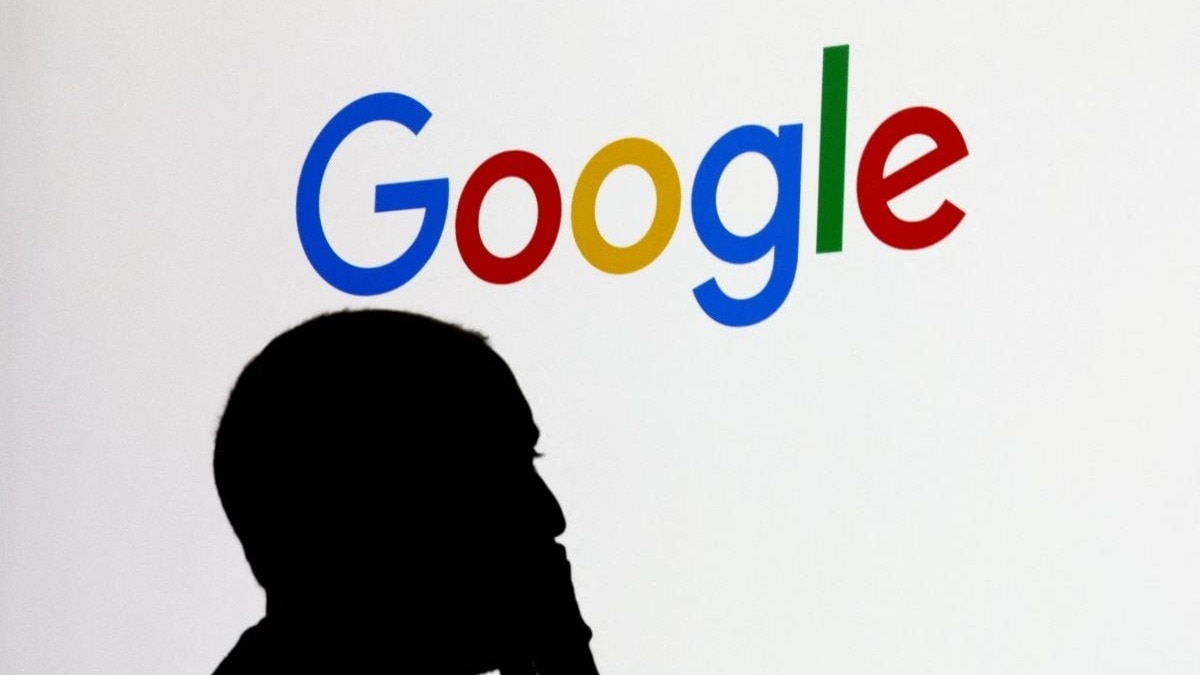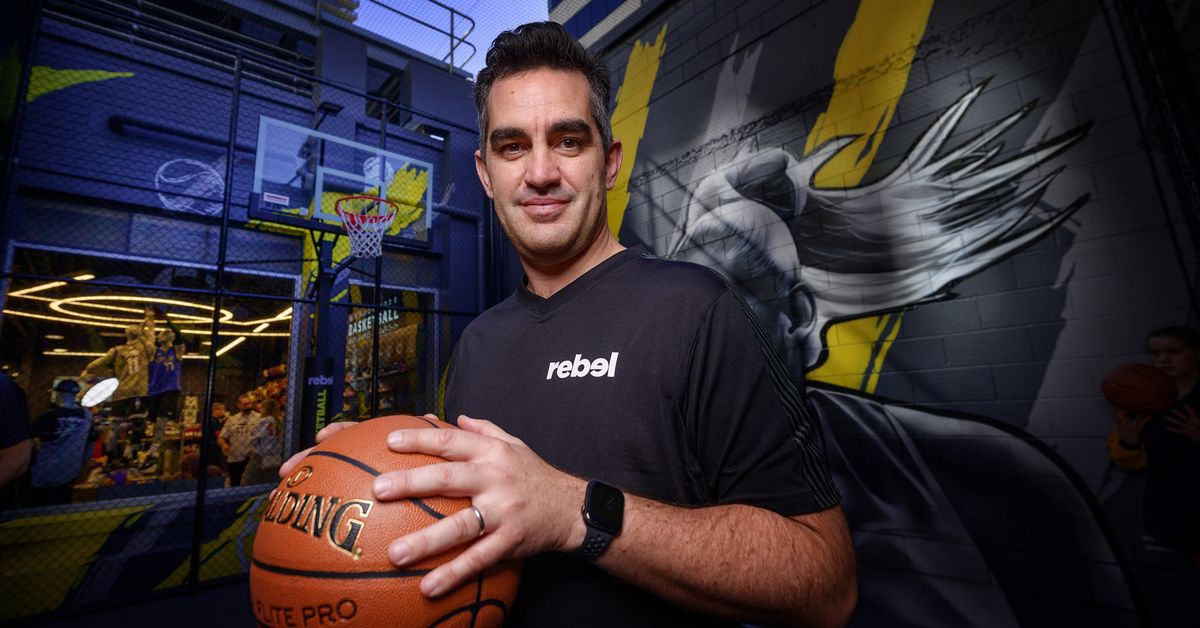Concerns Mount for Apple and Google as AI Search Gains Traction

Investors in tech giants Apple and Google are reportedly expressing unease over the rising popularity of artificial intelligence (AI) in the realm of search engines. This developing trend has the potential to disrupt the landscape of online searches, which has traditionally been dominated by these two companies.
According to a report published on Saturday, May 10, by Seeking Alpha, Google's stock experienced a significant decline of 8% in the past week. This downturn followed remarks made by Eddy Cue, Apple’s senior vice president of services, during his testimony in a lawsuit brought against Google by the Justice Department. Cue revealed a notable shift: for the first time, searches initiated through Google’s search engine in Apple’s Safari browser had decreased last month.
In his testimony, Cue attributed this decline to the surging popularity of AI-driven search tools, specifically highlighting platforms like OpenAI’s ChatGPT. He mentioned that Apple is contemplating the incorporation of alternative AI search engines, such as Perplexity, into Safari, which has long been dominated by Google’s search capabilities, bolstered by a lucrative revenue-sharing partnership between the two tech giants.
The implications of this pivot towards AI search could be profound for both companies. Last year, the revenue-sharing agreement between Apple and Google generated a staggering $20 billion for Apple. In the wake of Cue’s testimony, Google witnessed a staggering loss of approximately $150 billion in market capitalization. Conversely, Apple’s stock experienced a modest drop of around 1%.
Industry analysts have weighed in on this situation, contending that the ascent of AI-powered search presents a formidable challenge to both Apple and Google. Dilantha De Silva, an analyst, emphasized that although some smartphone users might not yet consider AI features essential, the landscape is evolving, and Apple must adapt to meet the increasing consumer demand for AI capabilities. “The times are changing, and Apple has to cater to the growing demand for consumer AI features,” he remarked.
Meanwhile, another analysis from Nexus Research suggested that Cue's statements could indicate that Google's core business model is at risk. They pointed out that while Google is in discussions with Apple to integrate its Gemini assistant with Siri, the Alphabet company may not retain the “default” status it has enjoyed for many years regarding Google Search on iPhones. This is particularly concerning as Apple appears to be exploring partnerships with other AI competitors, including Perplexity.
In a parallel development, OpenAI is aggressively pursuing opportunities in the consumer market. The company recently appointed Instacart CEO Fidji Simo to lead its applications division, a move that suggests OpenAI's ambitions extend beyond merely developing AI models. This strategic hire indicates that OpenAI aims to establish itself as a key player in the consumer platform arena.
Julia Huang, a founding partner at Vesey Ventures, commented on the significance of OpenAI’s efforts: “OpenAI clearly wants to own the consumer platform. They have a great shot at doing it, and Fidji’s experience at Instacart in bringing together merchants and consumers would be really valuable.” She further noted, “The challenge to Google is clear already in search,” citing the trend of users gravitating toward AI chatbots for their search needs. Huang believes that OpenAI’s strategy may effectively close the loop on the entire transaction process.


























